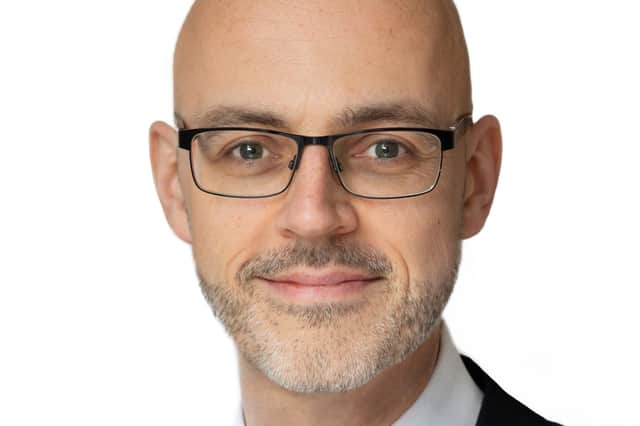Will it be good COP or bad COP? - Matt Crossman


The eyes of the world will be watching when representatives from nearly 200 nations gather in Glasgow this November for COP26 as outcomes of the summit will have huge implications for the future of the planet. The level of ambition, what targets are set, and the momentum that follows will determine policy development, investment, and cooperation among nations in their bid to tackle climate change.
The COP process, nominally a two–week affair, has years of planning behind it. They tend to have two distinct zones — one where diplomats are cocooned, working on the text and agreeing trade–offs, and a more open ‘public’ space where charities, campaign groups, cities, and companies seek to influence and shape the debate. But not all COPs are as successful as others.
Advertisement
Hide AdAdvertisement
Hide AdKyoto’s COP3, for example, was significant for its comprehensive adoption of targets and stated for the first time that each county would commit to its own efforts to reduce greenhouse gas emissions. Copenhagen’s COP15, however, failed to meet expectations in adopting the ‘Copenhagen Accord’, essentially allowing parties to set their own voluntary 2020 targets rather than calling for binding targets on faster and deeper emissions cuts. Paris’ COP21 in 2015 was more pronounced, delivering the now-famous Paris Agreement which set historic carbon reduction targets.
But will a good COP emerge from Glasgow in November? Without sounding like a comic–book ending, the world needs one to come to the rescue. Nations continue to make commitments to reach net zero, the latest being from the UK in decarbonising the electricity grid by 2035. But tackling something as big as climate change can’t be done unless political and economic forces are working together. Not to mention the uncertainties and complexities of hosting the summit during a global pandemic will also add to the challenge. But rather than push climate change to the backburner, there is a sense that the urgent action that is needed has only increased by the global health crisis.
It helps that there is a sense among parties that it’s in their own self–interest to tackle climate change. China, for example, will be particularly heavily impacted because of its coastal cities and reliance on water from the Himalayas.
However, it is without a doubt that government finances around the world have been strained by the pandemic, so it remains to be seen if the most powerful members will be sufficiently motivated to make sure meaningful action, and money to pay for it, will follow this next gathering. The availability of cheap renewable energy sources and other technological advancements over the past 26 years since the first COP gives hope that developing nations can ‘leapfrog’ the fossil fuel era. But much more direct policy action is needed.
All eyes will be on the UK to demonstrate leadership, energise negotiations and set an example for others to follow. But whatever governments decide, there will be investment opportunities in well–run companies helping the world on the road to net zero, or helping the world cope with the physical effects of climate change that are already with us.
Matt Crossman, Stewardship Director at Rathbone Investment Management
Comments
Want to join the conversation? Please or to comment on this article.